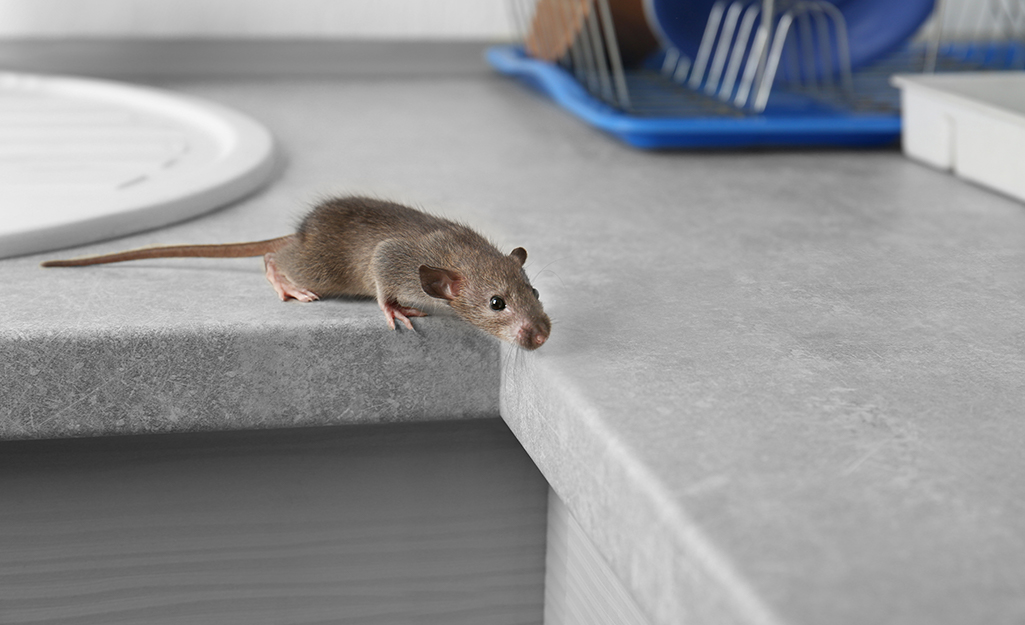Gardening is a cherished activity that soothes the soul and rewards us with beauty and bounty. However, it comes with its own set of challenges, particularly when it comes to keeping pests at bay. Pest prevention for gardeners isn't merely about protecting plants but also about maintaining the ecological balance. Let's explore the vital measures every gardener should consider for effective pest management.

Understanding Your Garden's Ecosystem
The first step in pest prevention is to understand the ecosystem of your garden. Recognizing the types of plants you grow and the pests they attract is crucial. Tools like monitoring your garden's health regularly and identifying the presence of beneficial insects can significantly aid in natural pest control.
Building a Pest-Resistant Garden
One of the most effective ways to prevent pests is to plan a garden that inherently resists their presence. Planting pest-resistant varieties and rotating crops each season can drastically reduce the risk. Mixed planting and interspersing aromatic herbs like basil or marigold, known for their pest-repelling properties, can further bolster your defenses.
Additionally, some plants can act as natural deterrents. For example, planting garlic alongside roses can fend off aphids. Furthermore, using mulch not only helps in maintaining soil moisture but also acts as a barrier against insects.
Physical and Organic Solutions
Incorporating physical barriers such as row covers or nets can significantly limit pest access. Additionally, organic pest control methods like neem oil, diatomaceous earth, or homemade soap sprays offer effective alternatives with minimal environmental impact.
Regular handpicking of larger pests, such as caterpillars and slugs, can also be highly effective. Encouraging natural predators such as birds, ladybugs, and frogs by creating a welcoming habitat can be a strategic move.
Maintaining Good Garden Practices
Good gardening practices form the backbone of any pest prevention strategy. Regularly cleaning up debris, dead plants, and weeds helps eliminate potential pest habitats. Watering early in the morning allows leaves to dry out by evening, making them less attractive to hungry insects.
Additionally, it's important to maintain healthy soil through composting and natural fertilizers. This not only strengthens plants' resilience against pests but also promotes robust growth.
Learning from Experts and Further Reading
For a deeper dive into innovative pest control techniques, check out Smart Pest Prevention Systems and explore how technology can assist in managing garden pests. Additionally, our Seasonal Pest Prevention article offers insights into tackling pests during different times of the year.
For those interested in DIY approaches, DIY Pest Control provides a comprehensive guide to creating homemade remedies.

FAQs
How can I prevent pests naturally?
Incorporate mixed planting, use natural repellents like neem oil, and encourage beneficial insects.
What plants help repel pests?
Plants like basil, marigold, and garlic can help deter various pests.
How often should I inspect my garden for pests?
A weekly inspection can help catch any pest issues early, preventing significant damage.
This article contains affiliate links. We may earn a commission at no extra cost to you.
